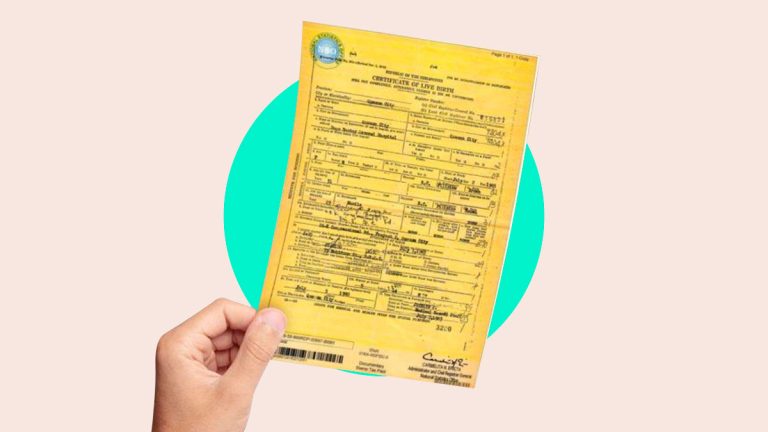In the archipelagic tapestry of the Philippines, birth certificates stand as crucial threads weaving the narrative of individual identities. This legal document, issued by the Philippine Statistics Authority (PSA) and local civil registrars, serves as the cornerstone for establishing one’s existence in the eyes of the law. This article delves into the significance, intricacies, and processes surrounding Philippines birth certificates.
Table of Contents
Understanding the Significance
- Legal Identity and Citizenship
- A Philippines birth certificate is more than a mere record; it is a key to unlocking legal identity and citizenship. It is a fundamental document required for various transactions, from obtaining a passport to enrolling in school or securing a job.
- Social and Cultural Importance
- Beyond its legal implications, a birth certificate is a cultural marker, linking individuals to their heritage and roots. It carries information about one’s birthplace, parents, and, in many cases, religious affiliations.
The Anatomy of a Birth Certificate
- Essential Information
- A standard Philippines birth certificate includes crucial details such as the full name of the individual, date and place of birth, gender, and the names of parents. This information is vital for establishing familial relationships and individual identity.
- Security Features
- In an era of digital advancements and increasing concerns about identity theft, birth certificates now incorporate various security features. These may include holograms, watermarks, and specific paper types to ensure the document’s authenticity.
Navigating the Registration Process
- Local Civil Registry Offices
- Birth certificates are typically registered at local civil registry offices. Parents or guardians are required to report the birth within a specific timeframe. The registration process involves providing accurate information and supporting documents.
- Late Registration
- In cases where the birth was not registered within the prescribed period, late registration may be allowed. However, this process often involves additional requirements and may vary by locality.
The Role of the PSA
- Central Repository
- The PSA serves as the central repository for civil registry documents, including birth certificates. Individuals can obtain a copy of their birth certificate from the PSA, ensuring its authenticity for legal purposes.
- Online Services
- In the digital age, the PSA has embraced online services, allowing individuals to request and obtain copies of their birth certificates through official websites. This not only streamlines the process but also caters to the needs of a globalized and technologically advanced society.
Legal Implications and Uses
- Passport Application
- A birth certificate is a primary requirement when applying for a passport. It establishes the bearer’s identity and citizenship and provides crucial information for international travel.
- Educational Pursuits
- Enrolling in schools and educational institutions often necessitates the submission of a birth certificate. It ensures accurate record-keeping and aids in the verification of student information.
- Employment and Government Transactions
- Birth certificates play a pivotal role in employment processes and various government transactions. They are often required to obtain government identification cards, social security numbers, and other official documents.
Challenges and Solutions
- Incomplete or Inaccurate Information
- One common challenge is the occurrence of incomplete or inaccurate information on birth certificates. This may result from errors during registration or changes in personal details. Correcting such information involves a legal process and documentation.
- Accessibility and Affordability
- While efforts have been made to enhance accessibility through online services, there are still challenges in remote areas. Additionally, concerns about the affordability of obtaining copies persist, especially for marginalized communities.
Conclusion
In the symphony of legal documents that define an individual’s existence, the birth certificate stands as a cornerstone in the Philippines. Its significance extends beyond a mere record, encapsulating legal identity, cultural heritage, and a roadmap for various life pursuits. As the nation embraces digital transformations, the processes surrounding birth certificates continue to evolve, aiming for greater accessibility, accuracy, and security in the documentation of individual lives.

